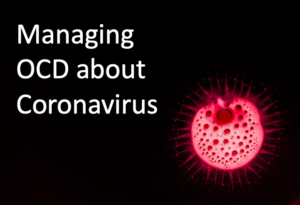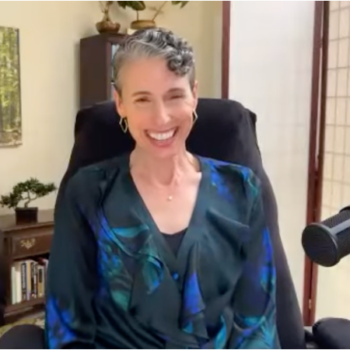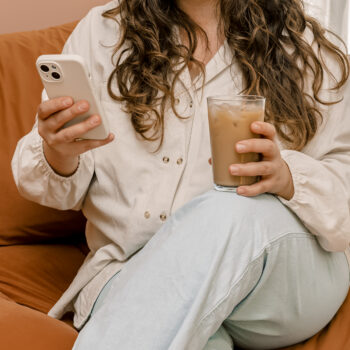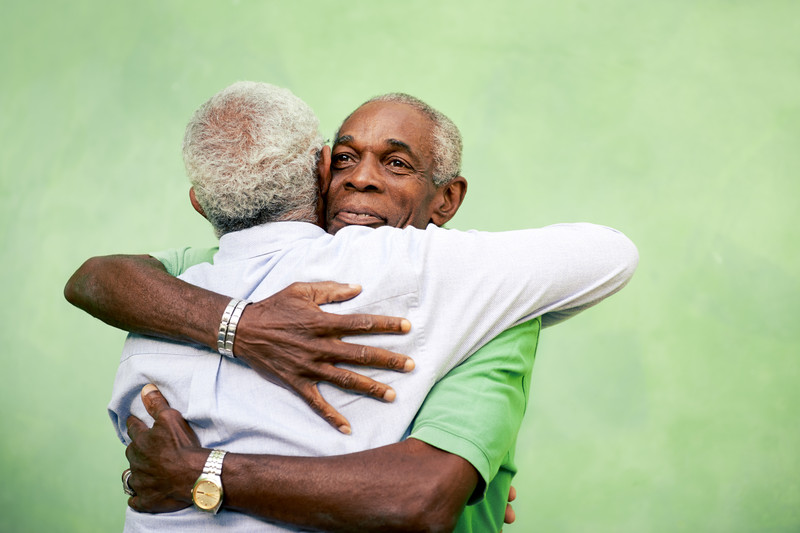Obsessive-compulsive disorder (OCD) fears about contamination or your health, including those triggered by the current coronavirus situation, can be paralyzing. As I share in Is Fred in the Refrigerator? Taming OCD and Reclaiming My Life, I spent years lost in obsessions that I’d contracted diseases with no known cure. Learning how to do exposure and response prevention therapy (ERP), the evidence-based treatment for OCD, gave me the tools to reclaim my life. However, even those of us in recovery from the disorder can find the new daily focus on coronavirus a trigger for increased symptoms of OCD, the tenth most disabling condition in the world (Murray and Lopez 1996).
Because of the toll the situation could take on people with OCD, Reid Wilson, PhD, author of Stopping the Noise in Your Head: The New Way to Overcome Anxiety and Worry, Kimberley Quinlan, LMFT, creator of Your OCD Toolkit, and I have developed the following tips for managing OCD fears about coronavirus. We hope they will help you feel empowered and supported, so that even in this uncertain time, you can keep OCD from running your life.

Cut back on constant news checking
It’s tempting to check news constantly to see how the situation is developing. To combat compulsive checking, restrict your news intake to a frequency and duration that works for you. For instance, you might only check once a day for a maximum of five minutes, or once a week you might watch the evening news, or you might decide not to check news at all. Do whatever is most useful for you (and not for OCD).
Take steps to keep OCD from making your travel decisions
If you’re planning to travel to a region affected by coronavirus, identify dates by which you need to make travel decisions.* It’s likely that what you’ll need to make decisions will be information released just prior to your decision-making dates. Therefore, give yourself permission not to constantly check the news or ask others’ opinions to try to “figure out” which way the situation will go, as frequent checking and reassurance seeking can cause more anxiety without an increase in useful information.
If it seems like OCD is trying to make your decisions and you’re traveling with someone whom you trust who doesn’t have OCD, you could observe how that person is making decisions and try to follow their lead. While your travel companions may also have anxiety, if they don’t have OCD, they are going to be more likely to make decisions based on current facts, not on OCD “what ifs?”
*and whether travel providers might waive change fees.
Give yourself permission to follow coronavirus guidelines
Many people in OCD treatment are trying to reduce compulsive cleaning rituals, and those in recovery may have hand washing and other cleanliness routines that are less stringent than those of the average person because they are trying to keep contamination compulsions in check. However, because of the present situation, give yourself permission to follow World Health Organization (WHO) guidelines or the Centers for Disease Control and Prevention (CDC) guidelines or others created by authorities in your country if you’re outside the United States.
The CDC and the WHO have the knowledge to be making these recommendations. OCD, no matter what it says, does not. Your goal is to restrict yourself to following valid recommendations (again, that counts out OCD). For instance, you could wash your hands as directed by the CDC/WHO but no more than that. OCD isn’t going to like this, so following the recommendations becomes your exposure and response prevention (ERP) exercise. Further, the feeling of dirtiness/grossness/contamination may still linger even after you’ve done the recommended wash, giving you an opportunity to practice allowing those feelings to be there without doing compulsions.
Here’s a way to frame these exercises to keep this whole situation in perspective. If you were a medical professional who had contamination OCD, you would still follow your profession’s procedures for germ prevention, even if you were in OCD treatment. But to keep your OCD in check, you’d want to do no more than what your profession says you’re supposed to do. Medical professionals with OCD work to manage this every day, and we’re joining them while valid authorities tell us these protective measures are necessary.
Be kind to yourself in this triggering situation
Recognize that if you’re anxious about coronavirus, that’s normal and you’re not alone. The situation is making many people fearful, even people who don’t have OCD. Allow yourself to feel anxious and realize that your anxiety might not go away while the situation is still unfolding.
Be compassionate with yourself if you’re experiencing an increase in OCD symptoms. It’s not your fault! Do what you can to keep your compulsions in check without trying to be perfect. If you need support, schedule a booster session with your therapist or reach out to a support group like the IOCDF’s My OCD Community.
Tell yourself you can do this, because you can!
The coronavirus situation is scary because there’s so much about it that’s uncertain. But if you’ve done ERP for OCD, you have above average skills in managing uncertainty and anxiety. You’re actually more prepared to handle all the unknowns than people who haven’t done ERP. While you may be scared and OCD may act up, remember that when it comes to anxiety and uncertainty, you’ve got this!
You can also download this tip sheet as a PDF. The Spanish OCD Association, Asociación TOC Zaragoza, has translated this blog into Spanish on their website. The American Psychological Association also published a version of this blog on their website.
References and acknowledgements
Murray, C. J. L., & Lopez A. D. 1996. The Global Burden of Disease. Cambridge, MA: Harvard University Press.
Photo credit: © Can Stock Photo / lukjonis
Thanks to Jon Hershfield, MFT, author of Overcoming Harm OCD: Mindfulness and CBT Tools for Coping with Unwanted Violent Thoughts, for reviewing and providing feedback on an early draft of this article.




3 Comments on Managing OCD about Coronavirus